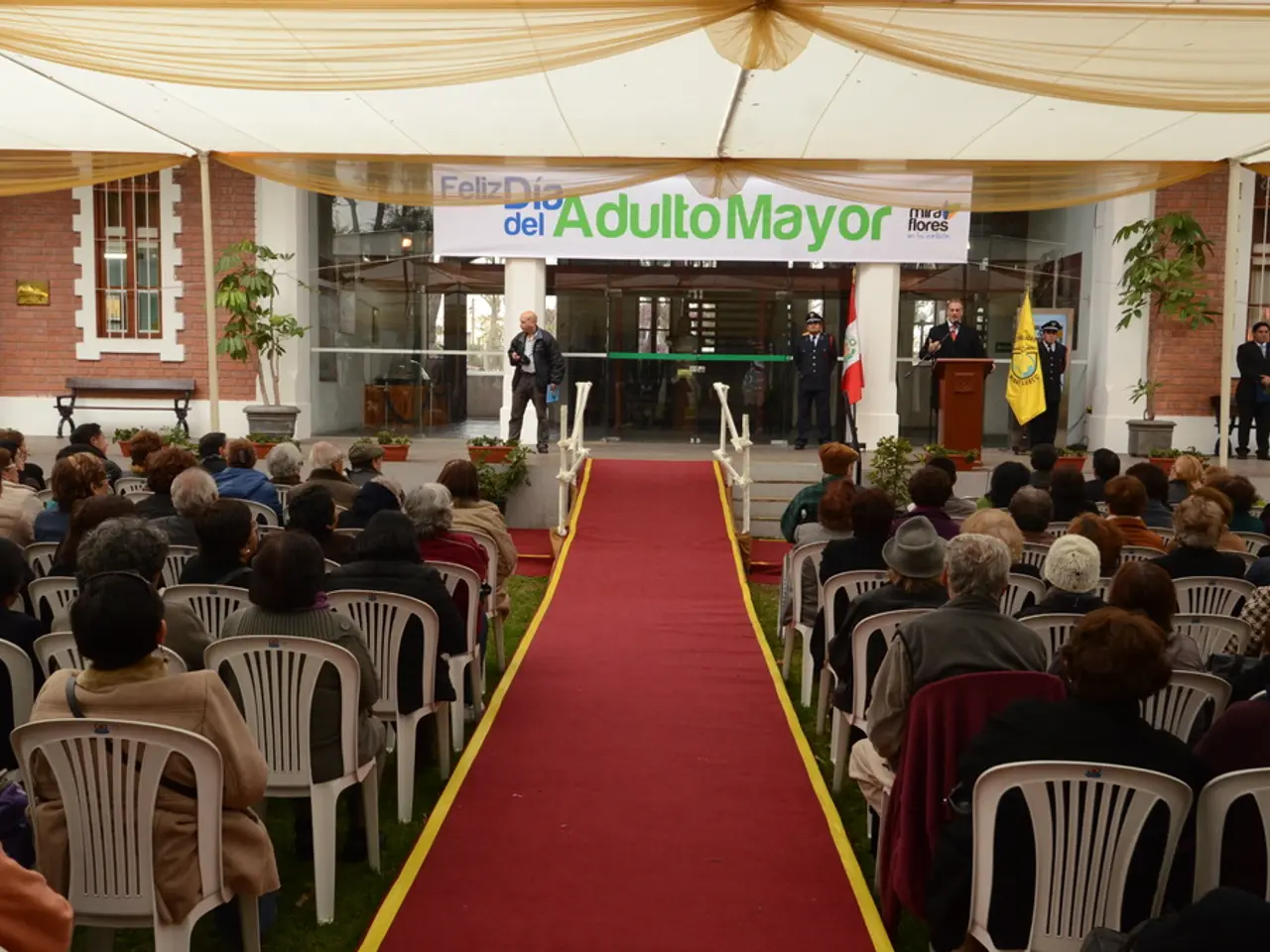Criticism from the CDU towards SPD's advocacy for electric mobility
In the heat of the 2025 federal election campaign, CDU traffic politician Christoph Ploß has voiced criticism towards the SPD's demands for promoting electromobility. In a statement to the Funke media group newspapers, Ploß questioned the comprehensiveness and longevity of the SPD's proposals, suggesting they may not adequately address the underlying issues.
The SPD has released a position paper on electromobility, outlining their plans for the transition to climate-friendly mobility. One of their key proposals is the introduction of a social leasing program, aimed at making electric vehicles (EVs) affordable for low- to middle-income households in Germany. The program would offer small EVs for a monthly rate of 99 euros for three years, with a focus on EU-produced vehicles and exclusion of Chinese-made EVs. The program is intended to be financed through the EU Social Climate Fund.
However, Ploß, the chairman of the CDU/CSU parliamentary group in the transport committee, has expressed skepticism about the program's effectiveness and the exclusion criteria. He also raised concerns about the broader challenges facing Germany's automotive industry and energy policy, particularly amid economic contraction, job losses in the sector, and the need for a balanced approach to emissions and industrial competitiveness.
Ploß emphasized the need for structural improvements instead of "straw fires" funded by German taxpayers, using a term that refers to ineffective or short-term solutions. He called for reducing approval procedures for setting up charging stations to facilitate the use of electric cars and suggested lowering electricity prices to make EVs more attractive to consumers.
The SPD's demands for promoting electromobility also include a quota for electric cars with leasing providers and a proposal for an examination of a purchase premium for electric cars.
This dynamic reflects broader coalition tensions during the election campaign, where the SPD pushes for socially targeted climate measures while the CDU voices pragmatic or fiscal concerns. The controversy follows recent controversies, such as the failure to reduce electricity taxes despite coalition promises.
[1] Source: SPD Position Paper on Electromobility [2] Source: Funke Media Group Newspapers, Monday Edition [3] Source: CDU/CSU Parliamentary Group in the Transport Committee
- Christoph Ploß, the CDU traffic politician, has raised questions about the SPD's renewable-energy proposals for the transportation industry, suggesting that they may not provide lasting solutions for the transition to climate-friendly mobility.
- The SPD's renewable-energy policy for the industry includes a social leasing program focused on electric vehicles, aiming to make them affordable for lower- to middle-income households through EU-produced vehicles, with a monthly rate of 99 euros for three years.
- Financing for the social leasing program is planned to come from the EU Social Climate Fund, but CDU politician Christoph Ploß has expressed doubts about the program's effectiveness and the exclusion criteria, particularly amid broader challenges facing Germany's automotive industry and energy policy.
- Addressing these challenges, Ploß has advocated for structural improvements like lowering electricity prices and streamlining approval processes for charging stations to make electric vehicles more attractive to consumers, thereby supporting the renewable-energy sector.
- Furthermore, the SPD's renewable-energy policy for the transportation industry involves a quota for electric cars with leasing providers and a proposal for an examination of a purchase premium for electric cars, adding to the ongoing politics and policy-and-legislation discussions surrounding the general news of the 2025 federal election campaign.




